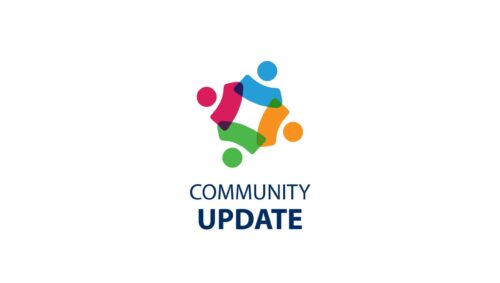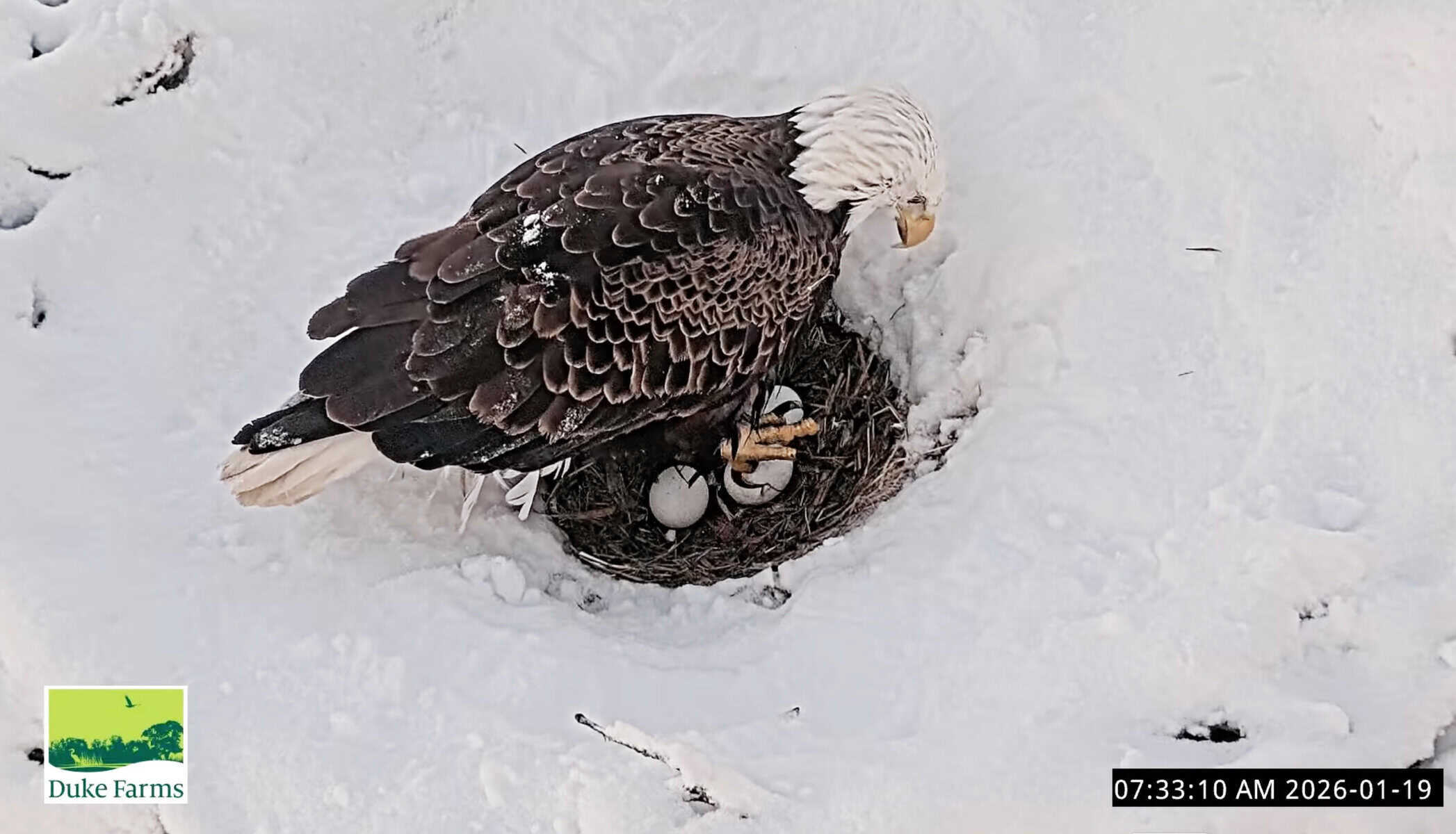West Nile Virus
Neighboring Atlantic County reports additional confirmed cases of West Nile virus.

Atlantic County health officials are urging residents to take measures to protect themselves from mosquito-borne illness by reducing their exposure to mosquito bites after two new mosquito samples tested positive for West Nile Virus and the first human case in an Atlantic County resident was reported.
“We cannot be sure where the resident may have been bitten but we are conducting mosquito surveillance and implementing mosquito control measures,” said Atlantic County Public Health Officer Patricia Diamond. “Fortunately, the patient is recovering well.”
The latest positive mosquito samples were collected from Green Bank Road in Mullica Township and Ridgewood Drive in Northfield. Positive samples were previously found at the Lawrence “Bud” Kern Field in Somers Point, Zion Road in Northfield and Horton Street in Hammonton.
West Nile Virus is carried by infected mosquitoes and can be transmitted to birds, animals and humans. There is no vaccine or specific treatment for West Nile virus. The best way to prevent the disease is to avoid mosquito bites.
Most infected humans will not develop symptoms, according to the Centers for Disease Control, but those who do may experience a fever, headache and body aches, skin rashes and swollen lymph glands.
Most patients will recover completely within two weeks. In more severe infections, intensive supportive therapy may be needed. About one of every 150 people infected develop a serious illness.
West Nile Virus has been detected in mosquito samples in 19 counties, according to the New Jersey Department of Health.
Atlantic County is also reporting increased Eastern Equine Encephalitis activity in mosquito samples. EEE has been detected in 61 mosquito samples in 11 New Jersey counties. According to the state, this is the highest number of positive samples reported at this point in the season in the past seven years.
“Not all mosquitoes that carry EEE can transmit the disease to humans,” noted Doug Abdill, Atlantic County Mosquito Control superintendent. “But this year’s testing for EEE includes all mosquitoes, those that can transmit the disease as well as those that can’t, which may account for the higher number of positive results.”
Residents and business owners can take steps to reduce mosquito populations on their properties by emptying or changing outdoor standing water at least weekly to stop mosquito breeding. Areas that may need attention include flower pots, birdbaths, clogged rain gutters, plastic wading pools and wheelbarrows, and any containers or trash that may be difficult to see such as under bushes, homes or around building exteriors. Contact with mosquitoes can also be reduced by using air-conditioning when possible and ensuring window screens are in good repair.
Individuals should also use an insect repellent whenever going outdoors. The Centers for Disease Control recommends the use of products containing active ingredients that have been registered by the U.S. Environmental Protection Agency for use as repellents applied to the skin and clothing and approved for efficacy and human safety when applied as directed. Be sure to follow product directions carefully and consult your healthcare provider prior to using on children.
For more about West Nile Virus, visit aclink.org/publichealth or call the Division of Public Health at 609-646-5971. If you need assistance in removing stagnant puddles or floodwater from your property, call the Office of Mosquito Control at 609-645-5948. In Cumberland County, visit co.cumberland.nj.us/pw/mosquito.










